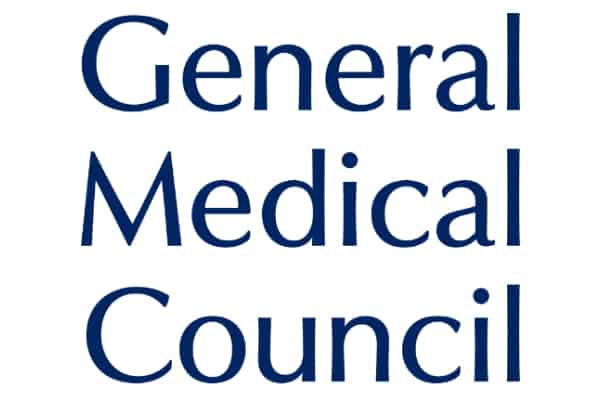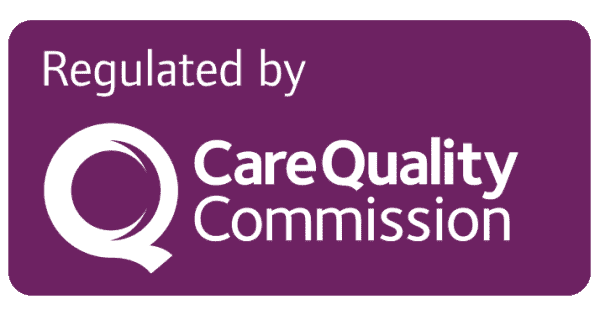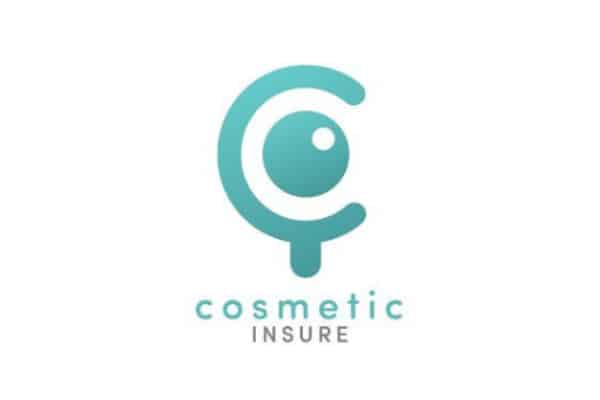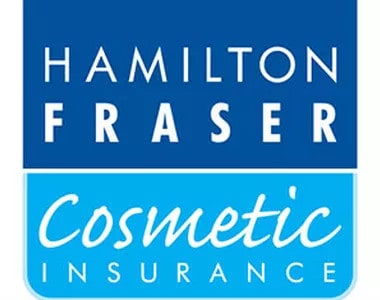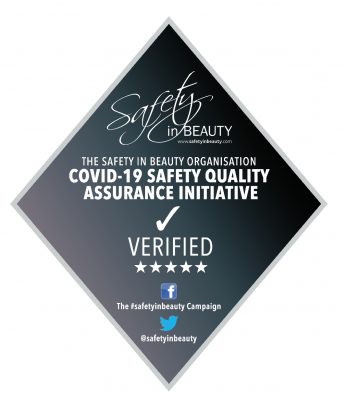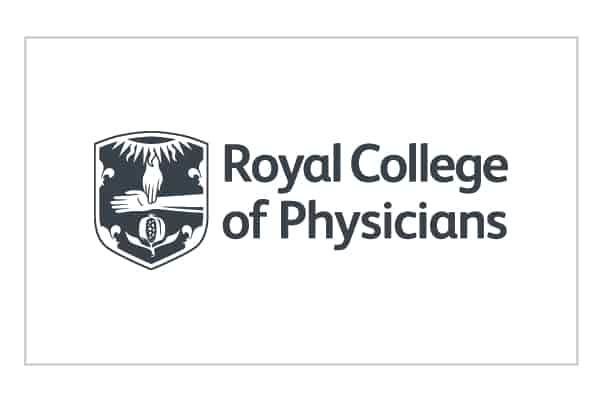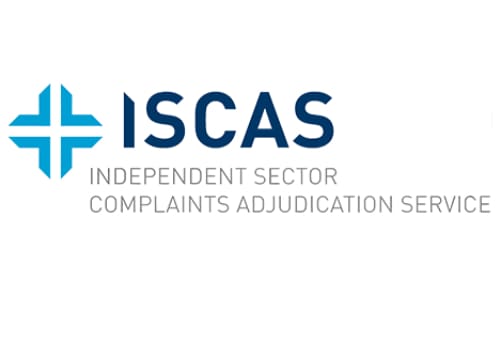
Menopause changes your skin more than most people realise. As hormones shift, many women notice that their skin suddenly feels different — thinner, drier, more reactive, or less radiant. Fine lines appear more visible, breakouts can return, and even well-established skincare routines stop working as they used to.
At Vie Aesthetics, we believe these changes shouldn’t be faced with frustration but with understanding and the right care. By combining medical insight with advanced, regenerative treatments, we help you restore balance and confidence — from the inside out.
Oestrogen plays a vital role in maintaining healthy skin. It supports collagen production, elasticity, hydration, and blood flow. When oestrogen levels fall during perimenopause and menopause, several key skin functions slow down:
Collagen loss accelerates — up to 30% can be lost within the first five years after menopause.
Skin becomes thinner and less elastic, which leads to sagging and fine lines.
Oil production decreases, causing dryness, flaking, and a dull appearance.
Cell turnover slows, meaning skin looks more tired and uneven.
Reduced circulation leaves the complexion paler and less luminous.
At the same time, a drop in progesterone and fluctuating testosterone can trigger hormonal breakouts — often appearing along the jawline and chin.
These changes are completely normal but can feel sudden and unsettling. That’s where expert support makes all the difference.
While every woman’s experience is unique, some of the most common menopause-related skin concerns include:
Dryness and dehydration
Loss of firmness and elasticity
Wrinkles and fine lines
Increased sensitivity or redness
Adult acne or breakouts
Thinner, fragile skin
Uneven tone and texture
Our specialists see these patterns every day in clinic. The good news is that modern regenerative medicine can now directly address these issues, helping restore your skin’s vitality and balance.
We tailor every treatment plan based on your symptoms, skin type, and lifestyle. Our goal is always to revive your skin’s natural functions rather than simply cover up symptoms.
When oestrogen drops, skin struggles to retain moisture. Treatments like Hydromax and Profhilo® deeply hydrate and bio-remodel the skin, stimulating collagen and elastin. They restore bounce and glow without adding volume — ideal for skin that feels thin or crepey.
Regeneration is key for menopausal skin. We offer:
Polynucleotides — powerful biostimulators that repair and rebuild tissue at a cellular level.
Exosomes — the next generation of regenerative medicine that improves elasticity, tone, and radiance.
PRP (Platelet-Rich Plasma) — uses your own growth factors to boost collagen and skin repair.
These options encourage natural healing and renewal for softer, stronger, more luminous skin.
LED light therapy helps restore balance to skin that’s become sensitive, red, or inflamed. The Dermalux Tri-Wave system combines red, blue, and near-infrared light to stimulate collagen, reduce inflammation, and improve circulation — all vital for menopausal skin recovery.
Microneedling stimulates collagen and enhances product absorption. We often pair Dermapen 4™ with exosome or polynucleotide serums for enhanced rejuvenation and texture refinement. It’s ideal for improving dullness, fine lines, and thinning skin.
Sometimes, skin changes are just one part of a broader hormonal shift. Our Menopause & Wellness Clinic provides blood tests, hormone assessments, and tailored advice to restore overall balance — supporting not just your skin, but your energy, mood, and wellbeing.
As your skin’s biology changes, your skincare should evolve too. Over-the-counter creams often can’t penetrate deeply enough to make a difference. That’s why we use medical-grade skincare from ZO® Skin Health and AlumierMD — clinically proven formulas designed to correct and strengthen at a cellular level.
Some of our most recommended products include:
ZO® Hydrating Crème — restores barrier function and soothes dryness.
ZO® Daily Power Defense — strengthens and repairs the skin barrier.
AlumierMD Ultimate Boost Serum — delivers lightweight hydration and supports collagen synthesis.
AlumierMD Sheer Hydration SPF 40 — protects against UV damage year-round (SPF remains vital even in winter).
During a skin analysis and consultation, our experts can assess your skin’s needs and design a personalised skincare routine to complement your in-clinic treatments.
Stay hydrated: Aim for 1.5–2 litres of water daily.
Eat collagen-supportive foods: Include vitamin C, zinc, and antioxidants.
Consider collagen supplements: Arella Vegan Collagen replicates the structure of human collagen more closely than marine or bovine types, helping improve skin elasticity and nail strength.
Manage stress: Chronic stress raises cortisol, which breaks down collagen and delays repair.
Sleep well: Night-time is when skin regenerates most actively.
Your skin is a reflection of what’s happening within. Supporting your body internally enhances every external treatment.
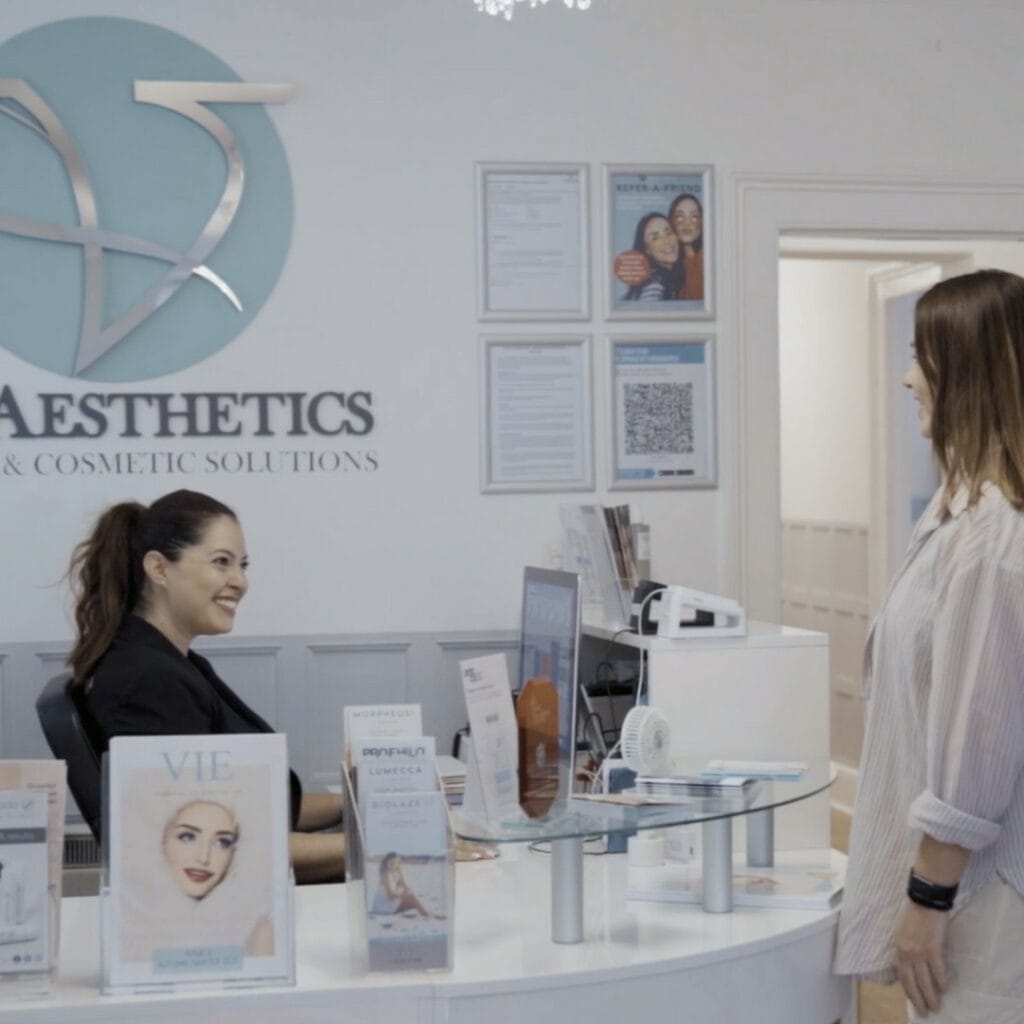
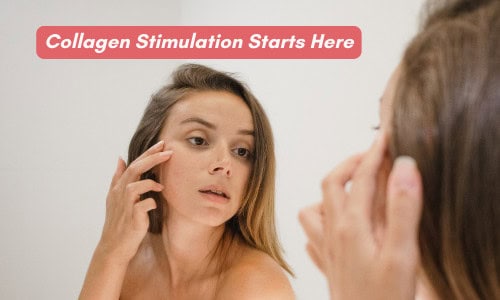 Read this article
Read this article


